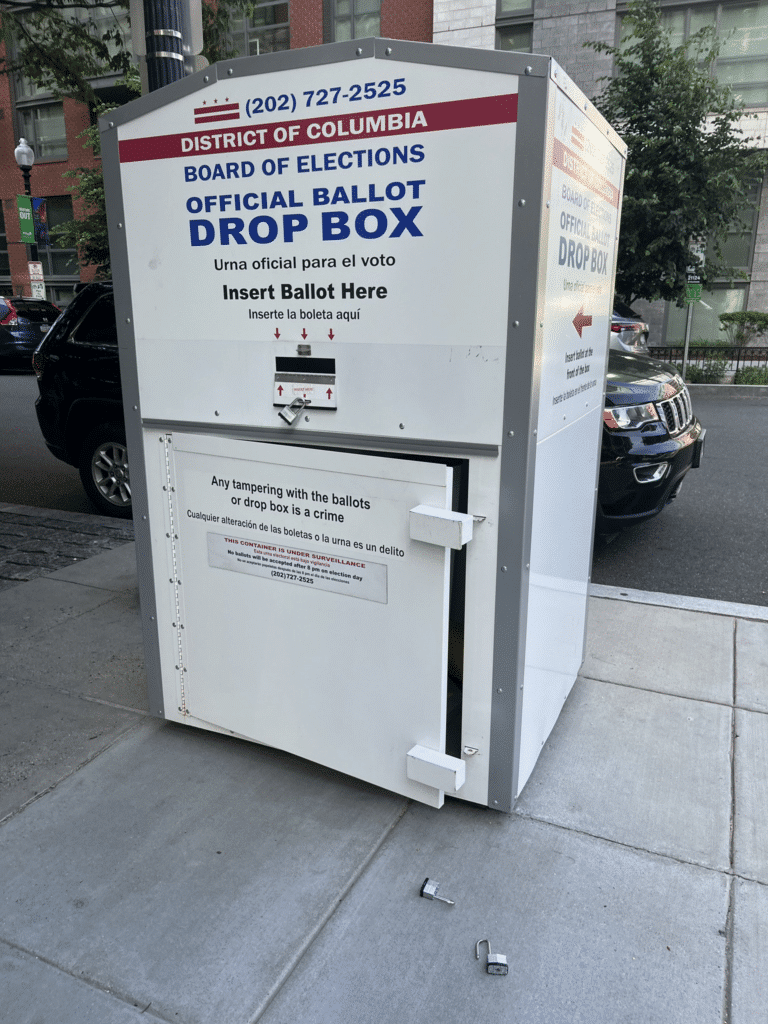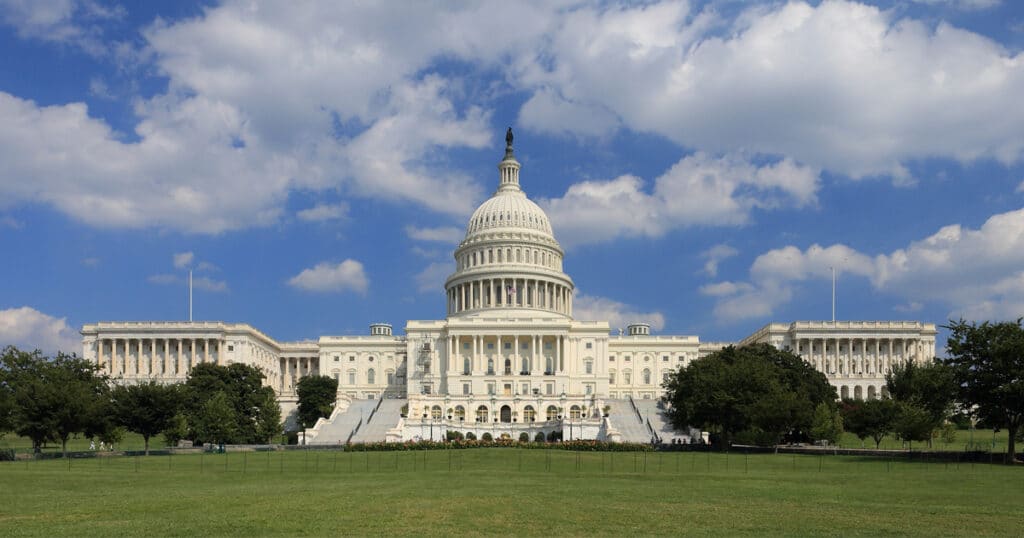
‘Demonizing the First Amendment’: Louisiana Official Blasts Legacy Media Coverage of Biden Big Tech Case
Last week, a federal judge ordered the Biden administration to stop strong-arming Big Tech into silencing Americans’ free speech online in a first-of-its-kind temporary injunction. Rather than celebrating this move to uphold free speech, many legacy media outlets appear to be demonizing the very idea of protecting speech from government censorship, according to one of the lead attorneys in the case.
Liz Murrill, the solicitor general of Louisiana and co-counsel in the case Missouri v. Biden, spoke with The Daily Signal about the “misinformation or disinformation censorship complex” and criticized media outlets for suggesting that this censorship apparatus is a good thing.
“As someone who was a journalist at one time before I went to law school, it still baffles me to see the mainstream press buying into this massive effort to create a ‘misinformation’ or ‘disinformation’ censorship complex,” Murrill said. “It is so contrary to the First Amendment to see these media companies not only buying into it, but perpetuating this narrative that questions the value of freedom of speech.”
In the case, the states of Missouri and Louisiana, along with many individuals censored on social media platforms, allege that the Biden administration “suppressed conservative-leaning free speech” on the Hunter Biden laptop story, on COVID-19 lockdowns and vaccines, on election integrity in the 2020 election, and even on President Joe Biden himself. The administration did this often in the name of combating “misinformation” or “disinformation” and protecting people from themselves.
Murrill cited Jen Easterly, the director of the federal Cybersecurity and Infrastructure Security Agency, who called it “really, really dangerous if people get to pick their own facts.”
The solicitor general told The Daily Signal that Easterly “basically said that we can’t allow people to decide their own facts, that it would be dangerous to let people decide their own facts. Well, that’s the whole foundation for the First Amendment.”
“Once you create a massive government edifice, an entire government process that permits censoring speech and co-opts these large companies and corporate authority through coercion by the federal government, you’ve tossed the First Amendment out,” Murrill contended.
She noted that the judge in the case, Terry Doughty in the U.S. District Court for the Western District of Louisiana, painstakingly presented all the evidence against the government in his ruling ordering the government not to strong-arm Big Tech into censoring Americans.
“The government was using threats of antitrust actions brought by the Department of Justice, or movements to try and take away their Section 230 immunity,” Murrill noted, referencing Section 230 of the Communications Decency Act, which protects social media platforms from liability for some content on their platforms. “So, these were [acts of] overt coercion.”
She explained how it worked: First, “a behind-the-scenes discussion” took place, then a White House official would issue threats to the tech companies right after they had a conversation with the companies about some information they wanted taken down.
“So, they actually created an entire pipeline to facilitate quicker action by the tech companies,” Murrill explained.
Americans might expect the legacy media to celebrate the judge’s order in the case, but the solicitor general noted that many of them appear to have taken the Biden administration’s side.
She recalled a conversation she had with Amna Nawaz on “PBS NewsHour,” in which the reporter repeatedly asked whether Murrill considered a “2020 election lie” to be protected under the First Amendment.
“You’re saying you do believe people should be able to spread misinformation about the 2020 election? Is that what you’re saying?” Nawaz asked.
Murrill recalled the interview this way:
One of the pointed questions was, ‘There are people who are election deniers, so they keep saying that the election was stolen, and that’s been demonstrably proven to be false. Should they be able to talk about that?’ The answer to that is yes. The First Amendment protects the ability to talk about that.
She also noted that The New York Times interviewed “disinformation researchers” who warned that the judge’s ruling followed from “an organized campaign pushing back on the idea of disinformation as a whole.” (Critics also argued that a New York Times article on the judge’s ruling said the claim that COVID-19 vaccines do not prevent the disease’s transmission is a “debunked claim,” when it is actually true.)
“The government and a lot of the people on the Left [are] questioning whether the First Amendment is appropriate,” Murrill said. “That if it does protect what they call ‘misinformation’ or ‘disinformation,’ then maybe it shouldn’t. And I keep going back to the question of, who are we allowing [to make such decisions]? We’re going to allow government to decide what’s information that we should acquire? That is just fundamentally contrary to the entire structure of our democracy.”
She lamented that in other countries, “the mainstream narrative, the government was able to drive what people could see and hear and think, and it led to disastrous, murderous consequences.”
She called the “demonization of the First Amendment” a “threat that leads to fascism.”
The full interview…
https://twitter.com/RVIVRdotcom/status/1678464189092732945



